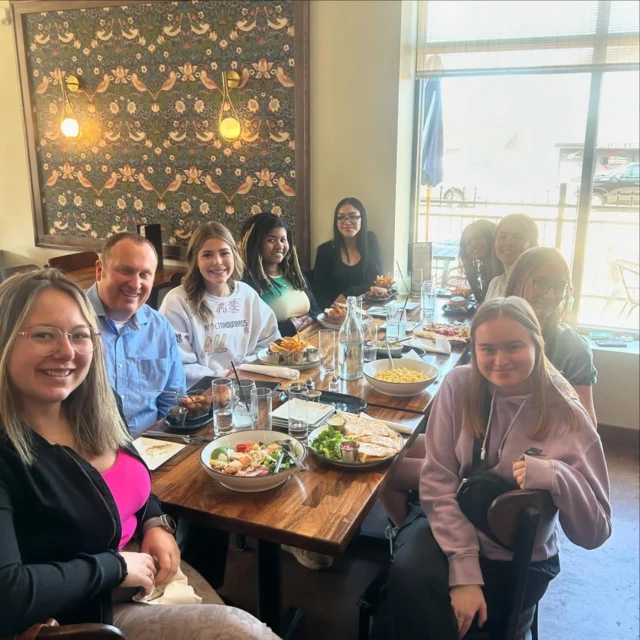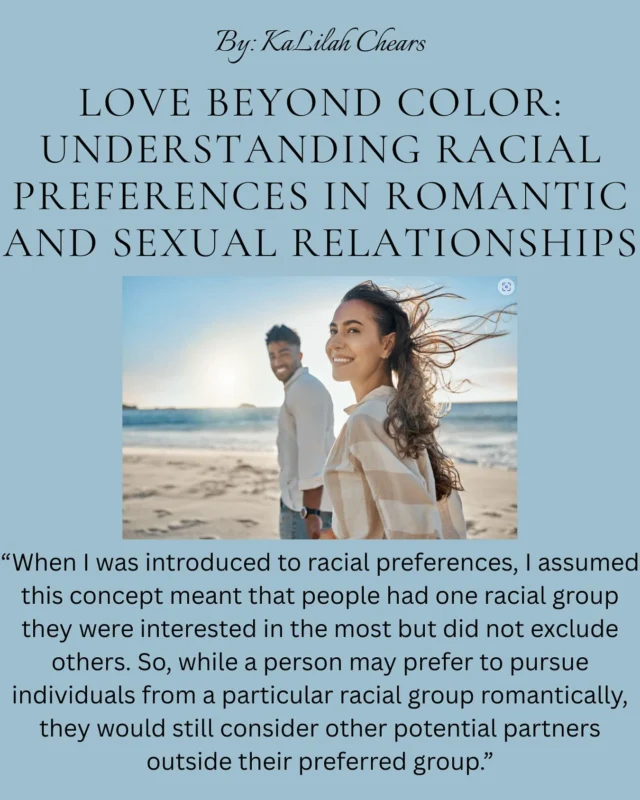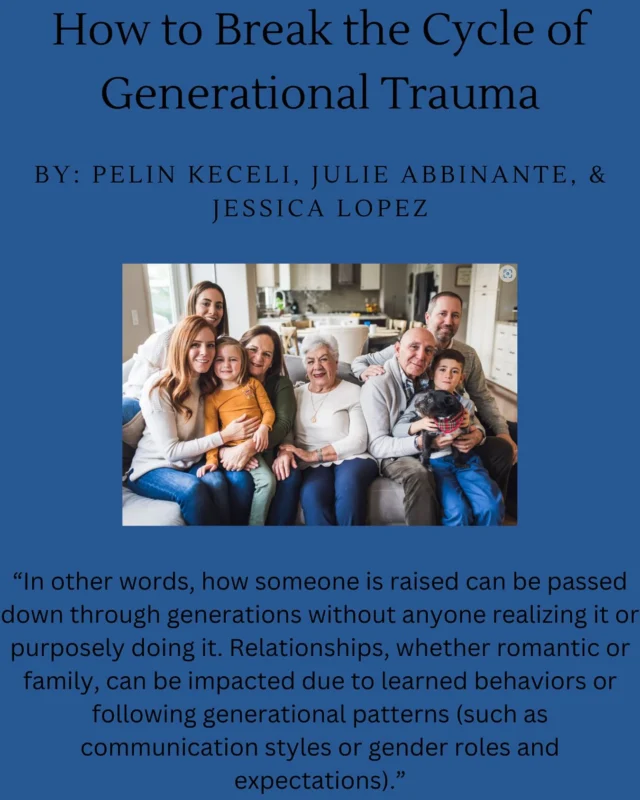A great shift in the dating landscape has occured in the past 6-7 years. With the advent of smartphones and social media, emerging adults (18-29 years old) are not only communicating in new ways, but this technology has had a profound impact on the formation of romantic relationships. According Pew Research Center, 86% of emerging adults are social media users and 92% of this population currently owns a smartphone (Smith, 2017). This represents a substantial increase in smartphone adoption compared to 2011, when only 52% of emerging adults (18-29 year-olds) owned a smartphone (Smith, 2011). Instead of beginning romantic relationships by going on dates, a fascinating trend has developed that D. Scott Sibley and his fellow researchers have coined as just talking. Instead of going on dates to determine the compatibility of a romantic relationship, many emerging adults have added a pre-dating phase facilitated by technology (texting, Snapchat, Facebook etc). Just talking allows emerging adults to slow down the process of forming relationships, and consists of communicating to potential partners through text message and social media. This new technology has also made the dating scene more complex, because there now seems to exist an “endless supply” of options. In a blog post for the Institute for Family Studies, Dr. Scott Stanley points out this is not always necessarily a good thing.
Personally as an emerging adult who has recently gotten out of a long-term relationship, it has been confusing and difficult trying to understand the stages and concepts that can lead to a new relationship. Not only are there various transitions relationships to go through to finally have an “official” relationship, it is also confusing trying to figure out when the relationship actually began. As past research has discussed, commitment ambiguity also facilitates relationships based on “friends with benefits” and “hooking up.” I have observed while in conversation with friends from college, that just talking can be used in many different ways and how it is a confusing concept to accurately define. Many emerging adults seem to enjoy “playing the field” when they are not in a relationship, to try and explore connections they have with different people. While this is essentially ideal for those who are not ready to commit, for those who see these individuals as future partners it can be a huge problem. Many people have tried to define just talking on the notorious Urban Dictionary and the most popular definition is:
“When two people are not exclusive with each other nor have established what they are as a couple, but have some sort of relationship. John and I go out a lot but ‘we’re just talking.’ or ‘We’ve been talking for months now but we’re not together.'”
Interestingly, even generational researcher Jean Twenge—author of the new book iGen—reports on her story for the Atlantic that she has also found evidence for just talking among adolescents:
Today’s teens are also less likely to date. The initial stage of courtship, which Gen Xers called “liking” (as in “Ooh, he likes you!”), kids now call “talking”—an ironic choice for a generation that prefers texting to actual conversation. After two teens have “talked” for a while, they might start dating. But only about 56 percent of high-school seniors in 2015 went out on dates; for Boomers and Gen Xers, the number was about 85 percent.

Since 2014, Dr. Sibley has been researching this new phenomenon of just talking. Although there is limited research on the phenomenon of just talking, in a research study conducted by Sibley and colleagues (2017), they have started to uncover the underlying processes of just talking. In their study 655 emerging adults indicated that just talking has an ambiguous definition, occurs prior to dating, and can be used as a screening process for potential long-term partners or be used to keep one’s options open and lessen the blow of the relationship ending by avoiding defining it. Additional themes highlighted how technology facilitates just talking, constant communication is expected, and people use technology to craft an image to project to their just talking partner.
For example one of the participants in the study explained how just talking can be frustrating, confusing, and even lead to emotional pain:
“It is exhausting. You are constantly worrying whether the other person is into you and whether they are talking to other girls (which you know they are), which drives you insane. You try your hardest to let them know that you are into them and you want to be with them and, only rarely, will you succeed. You spend all your efforts on them. It ends up being pointless. From my experience, you always end up with a broken heart. I ended up questioning my worth and became depressed the last time it didn’t work out. I ended up being so played by this guy. I spent this summer avoiding human contact and being bitter in spite of the events”
The assumption for many emerging adults is that just talking is harmless since the commitment in the relationship in never defined. Many people seem to motivated to avoid rejection, and to still have the ability to explore their options. Since commitment is not defined, some emerging adults may feel free to “talk” to multiple different partners at a time. This can create unbalanced relationships in which one partner is more committed than the other.
Just talking represents a new and interesting avenue for romantic relationship researchers to explore. There simply is no denying that technology is impacting how romantic relationships are formed. Our research team focuses on emerging adults and promote healthy decision-making in relationships to positively impact their future marriages. As a research team we believe that it is crucial to be intentional in your relationships, and to have the courage to have conversations with your partner that help define the commitment in the relationship. In November, some of our research team members will be presenting two papers on just talking at the Society for the Study of Emerging Adulthood 2017 Conference in Washington, D.C.
References
- Sibley, D. S., Knapp, D., Brown, C., Mallory, A., & Vennum, A. (2017). “We’re just talking”: Investigating a new trend in emerging adult romantic relationship formation.
- Smith, A. (2011, July 11). Smartphone adoption and usage. Pew Research Center.
- Smith, A. (2016, February 11). 15% of American adults have used online dating sites or mobile dating apps. Pew Research Center.
- Smith, A. (2017, January 12) Record shares of Americans now own smartphones, have home broadband. Pew Research Center.
- Stanley (2016). Waiting for the Train: Searching for a Mate in the Modern World. Institute for Family Studies.
- Twenge (2017) – Have smartphones destroyed a generation? The Atlantic.
- Just talking. (n.d.). Retrieved August 11, 2017, from http://www.urbandictionary.com/define.php?term=talking
Discover more from Decide To Commit
Subscribe to get the latest posts sent to your email.










